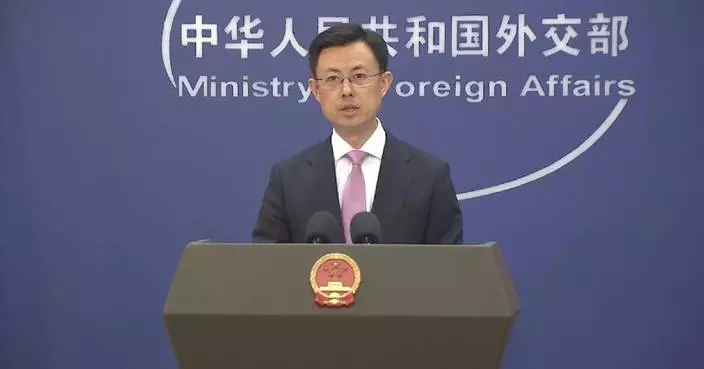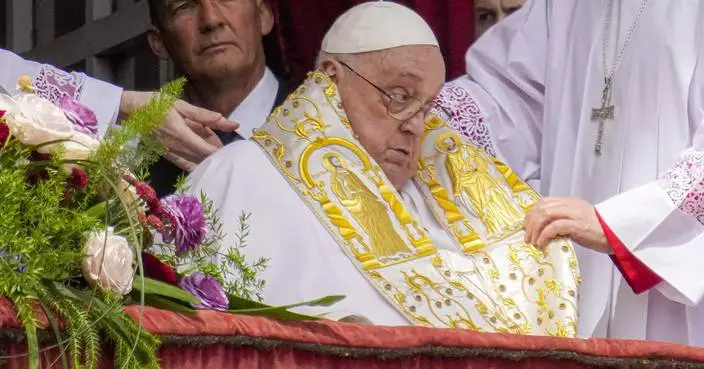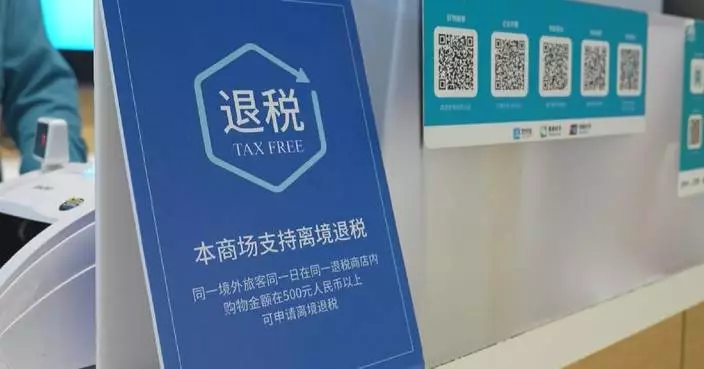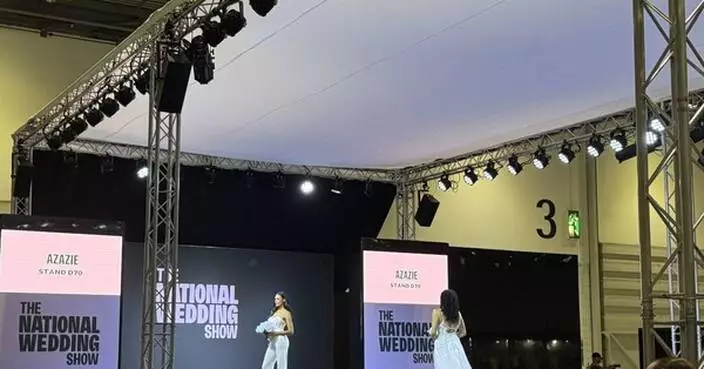Recently, the US-based World Justice Project published its 2024 Global Rule of Law Index, where Hong Kong maintained its position at 23rd out of 142 countries and regions, halting a three-year decline. Notably, Hong Kong ranks above the United States, which regularly criticize Hong Kong’s legal system but sits at only 26th place.
Despite this ranking, the United States and the United Kingdom persist in their campaign to discredit Hong Kong’s judicial system, focusing particularly on the overseas non-permanent judges serving in Hong Kong. Most recently, Australian non-permanent judge Patrick Keane KC was confronted by protesters following a speech at the Supreme Court of New South Wales, where demonstrators pursued him even as he attempted to leave through a side exit, ultimately forcing him to cancel his attendance from a scheduled reception.
This campaign targeted at overseas judge is led by the US-based Committee for Freedom in Hong Kong Foundation, which, in May, published a report targeting Hong Kong’s overseas non-permanent judges. This report was subsequently discussed in the British Parliament by anti-China lawmaker Alistair Carmichael, supported by Chris Patten, Hong Kong's last colonial governor. The Foundation’s former chair, James B. Cunningham, previously served as a U.S. Consul General in Hong Kong, underscoring the close Western ties of this organization.
Hong Kong initially appointed 15 foreign non-permanent judges, yet today only six remain, four of whom are Australian. Consequently, opposition groups have refocused their efforts on targeting these Australian judges.
Hong Kong’s inclusion of foreign judges in its Court of Final Appeal represents an exceptionally open practice. This policy not only underscores Hong Kong’s adherence to common law principles—largely Western in origin—but also, by implication, safeguards foreign interests in Hong Kong. Recently, a senior Singaporean judicial official noted the contrast between Hong Kong’s extensive inclusion of foreign judges and Singapore’s more limited use, restricted to commercial court cases. It’s noted that Canadian Judge Beverley McLachlin, who recently resigned as a non-permanent judge in Hong Kong, also served on Singapore’s International Commercial Court.
To understand the origins of this unique judicial structure, one must look to Hong Kong’s colonial period. Under British rule, Hong Kong lacked ultimate appellate authority, with final appeals sent to the UK Privy Council, which held exclusive control over Hong Kong’s final judgments. During the drafting of the Basic Law prior to the 1997 handover, various proposals emerged regarding the location of the Court of Final Appeal, including both Hong Kong and Beijing. A flexible arrangement was ultimately adopted, granting Hong Kong appellate authority while allowing the appointment of non-permanent foreign judges to help build local experience in final appeals.
At a time of relatively stable Sino-US relations, this arrangement was largely uncontroversial. However, as US-China tensions have intensified, so too has criticism of Hong Kong’s judicial system, particularly its foreign non-permanent judge system, which has become a focal point.
While many overseas judges maintain an apolitical stance, the campaign against them is clearly politically motivated. At the forefront are certain exiled Hong Kong figures purporting to support activist Jimmy Lai Chi-ying, yet Western political figures like Patten and Cunningham lead from behind the scenes. Through persistent harassment, these groups aim to pressure overseas judges into resigning. Many of these judges, well past retirement age—some over 80—have faced demonstrations in public, outside their homes, and even in their neighborhoods, creating significant disruption to their lives.
Hong Kong has several options to address this issue:
Maintain the Status Quo: A passive approach that would allow foreign judges to either continue or resign at will, thereby retaining as many as possible.
End the Foreign Non-Permanent Judge System: Initially, this system aimed to help Hong Kong develop expertise in final appeals and build a pool of qualified judges for the Court of Final Appeal. Now, 27 years after the handover, Hong Kong has a substantial number of qualified local judges, both active and retired, making it feasible to end the appointment of overseas non-permanent judges.
Invite Judges from outside the Five Eyes Alliance: The Five Eyes Alliance —comprising the United States, the United Kingdom, Australia, New Zealand, and Canada—is a politically aligned intelligence-sharing network. Continuing to invite judges from these countries could compromise Hong Kong’s judicial independence. Instead, Hong Kong could turn to other common law jurisdictions with robust legal systems, such as Singapore, Malaysia, and South Africa, for supply of experienced retired judges. This approach could provide Hong Kong with impartial overseas perspectives while reducing political risk.
Ultimately, Western criticism of Hong Kong’s legal system, especially concerning the National Security Law, often reflects a selective application of standards. Many Western nations, including the United States and the United Kingdom, maintain stringent national security laws. The U.S. ranking below Hong Kong in rule of law indices highlights that these critiques are frequently more politically driven than substantively justified.
Wing-hung Lo
Bastille Commentary
** The blog article is the sole responsibility of the author and does not represent the position of our company. **












































